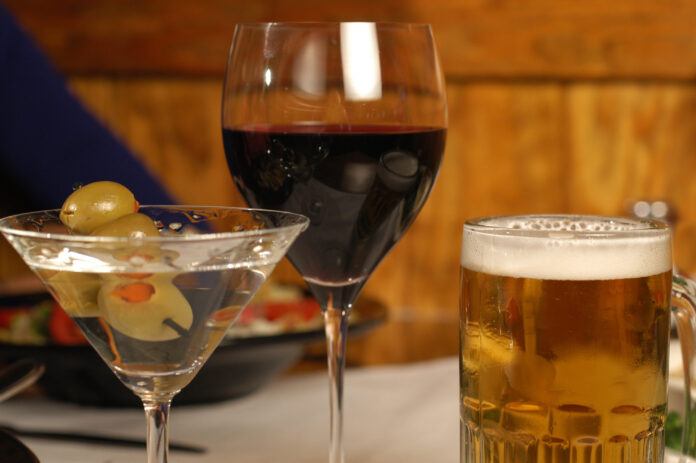Is it okay to drink alcohol if you’ve had a stroke?
The Stroke Foundation of Australia says flatly, “Drinking alcohol can increase your risk of having another stroke.” The American Stroke Association takes a more nuanced approach, saying that it depends in large part on how much you drink and also what kind of stroke you experienced.
For ischemic stroke, which affects nearly seven out of eight stroke sufferers and occurs when a blood vessel supplying the brain is blocked, the latest guidelines say those who drink more than moderately—with “moderate” defined as two alcoholic drinks a day for men and one for women—should reduce or eliminate alcohol altogether to reduce their risk of a second stroke. In fact, the guidelines, issued jointly in 2021 by the American Stroke Association and the American Heart Association, point to research showing that having more than four drinks a day increases the risk of stroke recurrence within 90 days of the first stroke.
Other research noted in the guidelines suggests that even moderate drinking increases ischemic stroke risk, despite earlier studies that suggest drinking in moderation decreases the risk of having a stroke. Certainly, at more than two drinks a day, there’s an increased risk of a rise in blood pressure, according to the American Heart Association, and elevated blood pressure is a major risk factor for stroke. Other major stroke risk factors include elevated triglycerides and atrial fibrillation, the most common type of heart arrhythmia. Alcohol increases the risk for those as well.
For hemorrhagic stroke, which occurs when a blood vessel in the brain actually ruptures, a separate set of guidelines released by the same two organizations in 2022 is more vague. It simply says that “avoiding heavy alcohol consumption is reasonable” to reduce the risk of stroke recurrence. The guidelines refer to the fact that heavy alcohol consumption can lead to intermittently elevated blood pressure, “which is particularly unhealthy in people with a prior ICH [intracerebral hemorrhage].” It also says that any alcohol consumption has been associated with increased risk of hemorrhagic stroke in observational studies, but notes that those studies are not easy to interpret because of other lifestyle factors that are difficult to exclude in making calculations.
For either type of stroke, Keng Lam, M.D., a neurologist and member of our editorial board, is of the “none is better than some” school of thought. He points to an international study of more than 25,000 people published in Neurology in January that showed that just a drink a day for women or men increased all stroke risk. Consider that people who have had a stroke are already at significantly increased risk for a second stroke, he says, and adding alcohol into the mix is “generally not a good idea.” (The CDC points out that nearly one in four people who have a stroke have had one in the past.) Dr. Lam adds that many people tend to underreport their alcohol consumption in the first place. Indeed, surveys that take alcohol sales into account find that alcohol consumption is typically underreported by 40 to 60 percent, according to research published in BMC Public Health in 2014.
BOTTOM LINE: The right answer seems to lie somewhere between no drinks a day and a maximum of two for men, one for women—but this is something you should talk over with your doctor. Integral to the discussion is that a number of medications interact with alcohol in potentially adverse ways, including medications like certain blood thinners that people are often prescribed after they’ve had an ischemic stroke. Both blood thinners and alcohol have an anticoagulant effect, and the combination could increase the risk of bleeding.
Note: According to the U.S. Dietary Guidelines for Americans, a standard drink is 5 ounces of wine, 12 ounces of (regular) beer, or 1.5 ounces of 80-percent distilled spirits. Measure 5 ounces of wine in a measuring cup—you might be surprised at how much less it is than is often poured into a wine glass.





